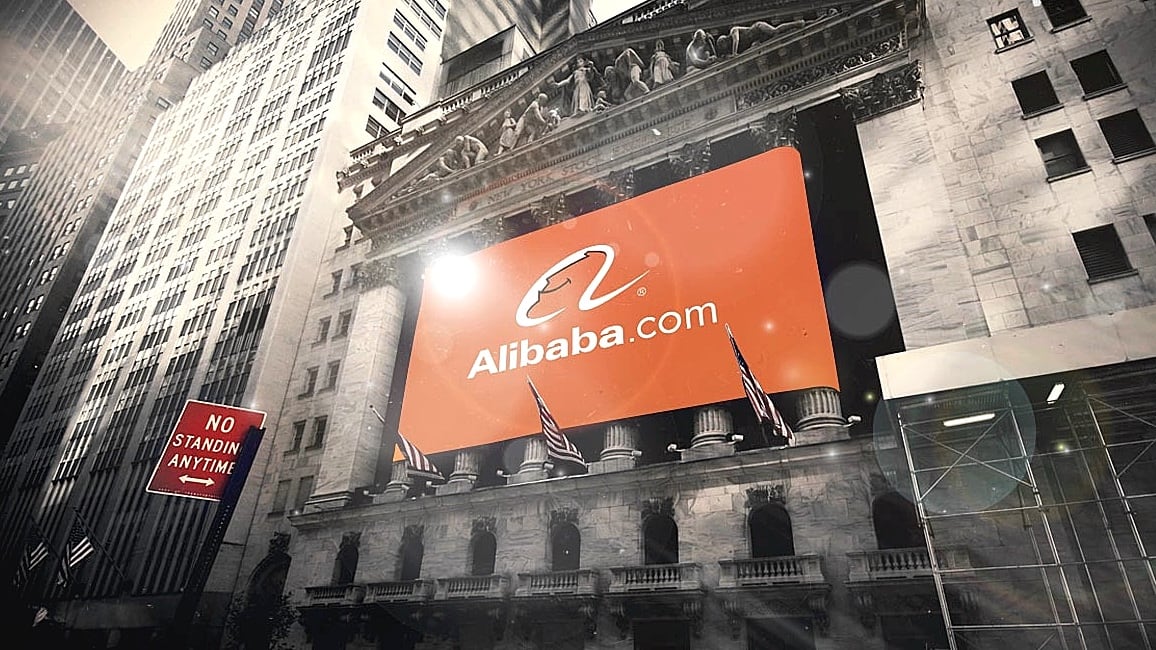One unwelcome consequence of China's economic progress is a rise in diabetes, heart disease, hypertension, cancer and other obesity-related illnesses, as a generation of newly prosperous consumers comes to grips with diets rich in fats, sugar, starches, oils and processed food.
In Beijing, official statistics released in June show over 21% of the city's permanent adult population between the ages of 18 and 79 is clinically obese—our of around 21.5m people.
Obesity is also becoming more commonplace outside the capital. Earlier this month, the national Health and Family Planning Commission said the nationwide adult obesity rate in 2012 was 11.9%—up from 7.1% a decade earlier.
Walmart in Alibaba’s sights as Chinese retailer seeks to become world’s no 1
Alibaba overtake Walmart to become world's biggest retail platform a full year earlier than had previously been expected.

The online platform will see more goods than the traditional US retailer by the end of this year, according to Alibaba figures. The Chinese company is aiming to achieve US$1tr gross merchandise value in five years, its new chief executive has said.
In his first speech since he was promoted to lead China's dominant e-commerce company, Zhang said international expansion will now be a top priority.
"We absolutely must globalise," Zhang said. "We will organise a global team and adopt global thinking to manage the business and achieve the goal of 'buy globally, sell globally'."
The platform will maintain its rapid growth even as the prospect of domestic e-commerce saturation looms over the company, Zhang said.
It will also continue to invest heavily in new and existing overseas operations, including AliExpress, a cross-border online marketplace positioned to sell Chinese goods around the world, and Tmall Global, which helps foreign brands sell directly to Chinese consumers.
Alibaba has reported impressive first-quarter results, with turnover jumping 40% to US$97bn and profits up 45% to US$2.81bn.
Last year, Alibaba founder Jack Ma said the company was poised to become the biggest retailer in 2016.
China developing food safety intel system for distribution
Chinese supermarkets will soon share information on a platform that can store data on commodities and national food quality assessments.
The system, which will see store chains coming together with food safety intelligence, is in response to a requirement in the country’s newly-revised Food Safety Law.
Chu Dong, deputy secretary-general of the China Chain Store and Franchise Association, said: “In future, if suppliers or producers are found supplying fake commodities, retailers in the whole industry should boycott their commodities.”
The new law comes into effect this October, at which time consumers can ask for increased compensation from supermarkets and other operators when their rights and interests are infringed upon.
Hangover Defence to go on general release in Hong Kong
An American liquid hangover cure has been doing so well in Hong Kong that its distributors will now increase supply in 500 7Elevens in the territory after successful market testing.

"This is a huge milestone for us,” said Jay Grdina, chief executive of Noho, the company behind Hangover Defence.
"The initial sell-through rates have been above our initial expectations and we are anticipating large re-orders from Noho Asia.”
The availability of Hangover Defence across Hong Kong will “open up a new chapter in the functional beverage category,” said Lowie Edjan of Telford International, Noho’s local distributor.
